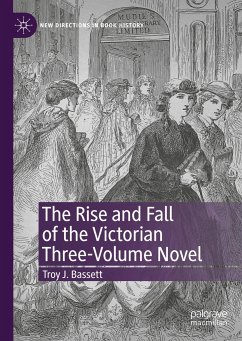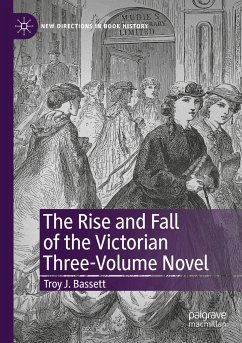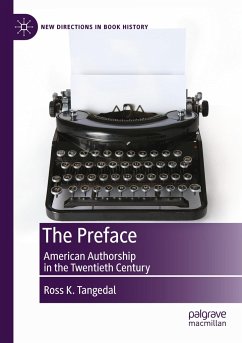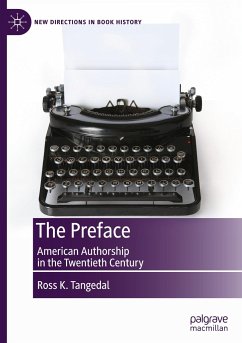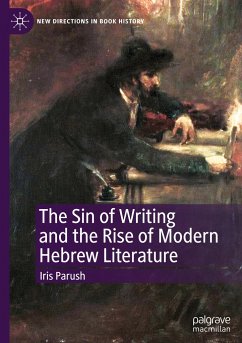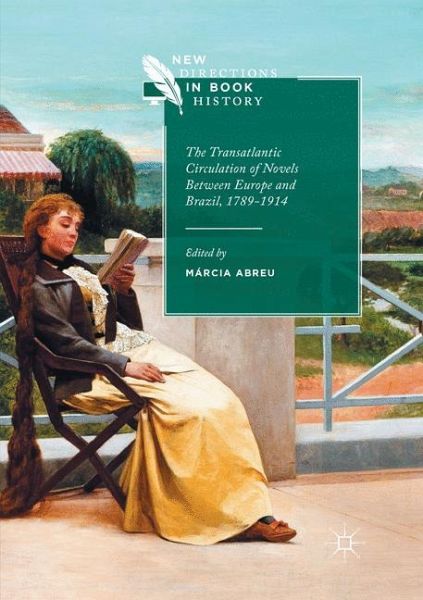
The Transatlantic Circulation of Novels Between Europe and Brazil, 1789-1914
Versandkostenfrei!
Versandfertig in 6-10 Tagen
68,99 €
inkl. MwSt.

PAYBACK Punkte
34 °P sammeln!
This book brings a renewed critical focus to the history of novel writing, publishing, selling and reading, expanding its viewing beyond national territories. Relying on primary sources (such as advertisements, censorship reviews, publisher and bookstore catalogues), the book examines the paths taken by novels in their shifts between Europe and Brazil, investigates the flow of translations in both directions, pays attention to the successful novels of the time and analyses the critical response to fiction in both sides of the Atlantic. It reveals that neither nineteenth century culture can be ...
This book brings a renewed critical focus to the history of novel writing, publishing, selling and reading, expanding its viewing beyond national territories. Relying on primary sources (such as advertisements, censorship reviews, publisher and bookstore catalogues), the book examines the paths taken by novels in their shifts between Europe and Brazil, investigates the flow of translations in both directions, pays attention to the successful novels of the time and analyses the critical response to fiction in both sides of the Atlantic. It reveals that neither nineteenth century culture can be properly understood by focusing on a single territory, nor literature can be fully perceived by looking only to the texts, ignoring their material existence and their place in social and economical practices.








